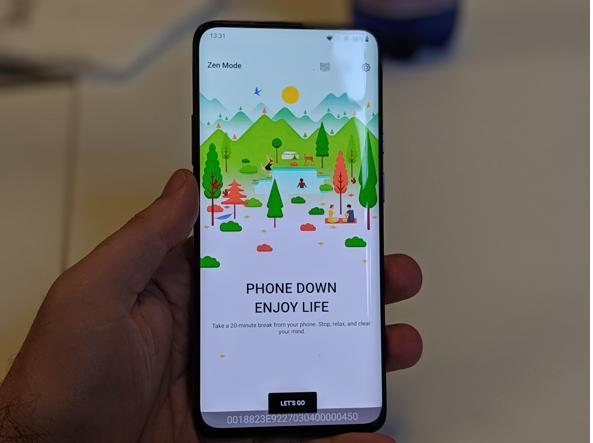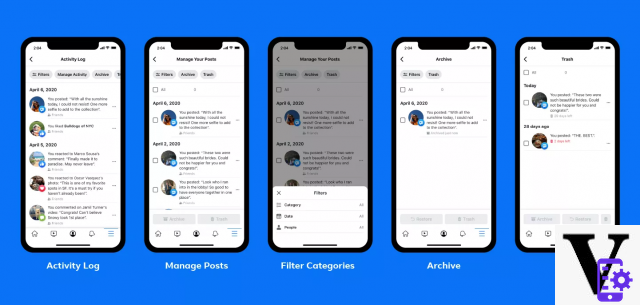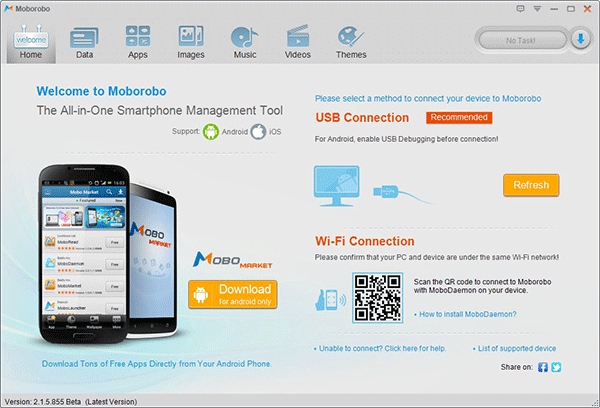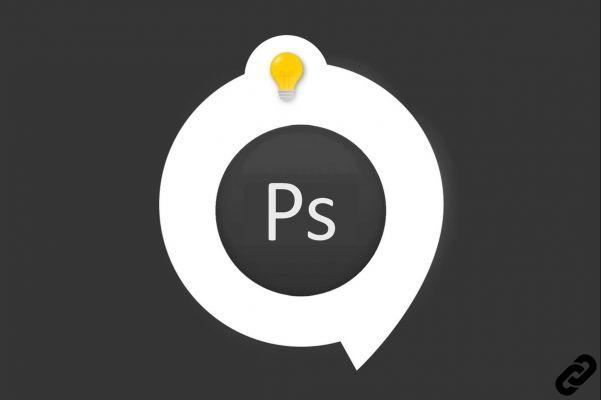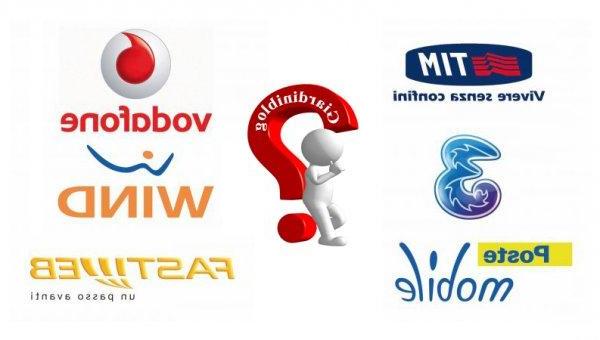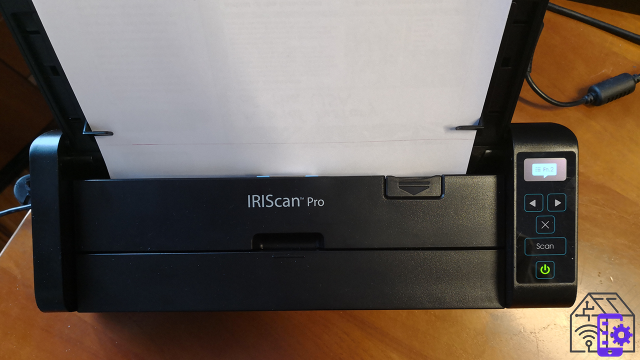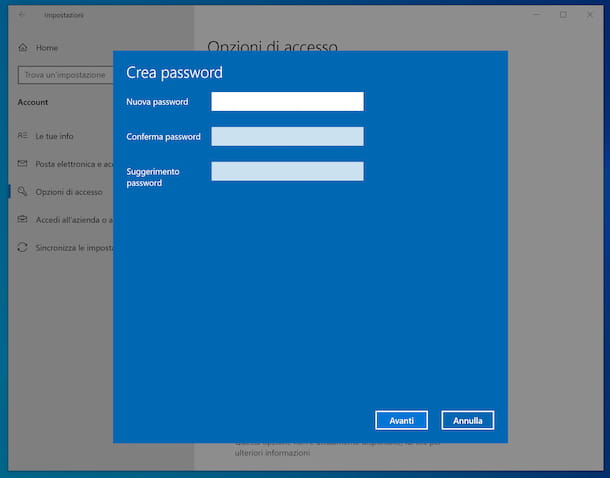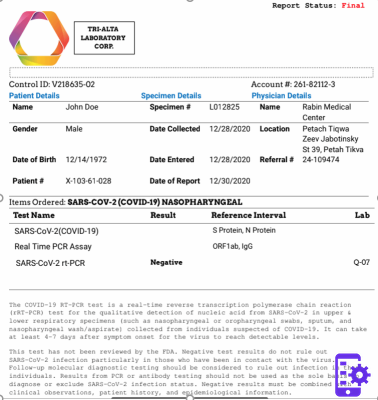 How to build your digital identity on the web? Several simple actions make it possible to take care of the positioning of his surname on search engines: an essential step to present himself to his advantage in the context of professional life in particular, at a time when more and more recruiters are followers of " name googling ”to find information about candidates. Here are some tips to get started.
How to build your digital identity on the web? Several simple actions make it possible to take care of the positioning of his surname on search engines: an essential step to present himself to his advantage in the context of professional life in particular, at a time when more and more recruiters are followers of " name googling ”to find information about candidates. Here are some tips to get started.
- Learning to manage your digital identity: what for?
- Digital identity: perform a benchmark from Google
- What if I have a very common name?
- Select the right social networks, customize your URLs
- Blogs, social profiles: being regular to position yourself well
- Separate your professional and personal content by creating several profiles
- Lock the privacy settings of your social profiles
- Enrich your digital identity with professional achievements
- Delete some social profiles
- Make deletion requests
- To learn more
Learning to manage your digital identity: what for?
Three important figures:
- 90% of online research today goes through Google, which is the benchmark tool for conducting research, and therefore on which it is crucial to optimize its presence, especially on the first page of results.
- “Name googling” is practiced by around 7 out of 10 employers (see here). This cross-checking method makes it possible to verify the information mentioned on a CV, and to assess the influence of a candidate in his field of expertise on the web, if this criterion is relevant from the point of view of professional skills.
- A study carried out in the United States by Jobvite, and published in June 2012, shows that nearly 9 out of 10 recruiters integrate social networks in the search for new talents (see here).
In some areas, a presence on Google is a prerequisite for recruiters: the web and communication of course, but also consulting, high technology and marketing.
Being "absent from the web" can therefore be particularly disabling.
Digital identity: perform a benchmark from Google
The first step is to make an inventory of its presence on the web, through Google.
Here is the result of a search using the name "Patrick Smith"
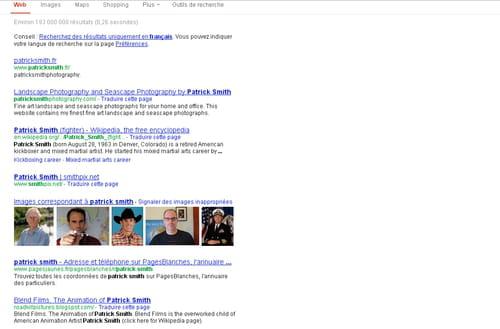
This reveals several important information about this query:
- Queries contained in a domain name generally appear first in search results, before (not necessarily in order) results from Wikipedia (if applicable), then profiles from social networks (Twitter, Facebook, Google Plus), and videos on Youtube.
- Google's SERP (results page) displays a selection of images related to the query. This can appear first, or interspersed between results.
Several questions to ask:
- Are your name and associated business information visible on the first page of Google?
- Do images / videos stand out? If so, are they neutral, do they provide information about your journey, and in what position do they appear?
- Does your name appear on uninteresting pages from the point of view of valuing your professional career?
What if I have a very common name?
If your surname is very common, it may be difficult to position it on search engines.
Insofar as the domain name remains one of the most important criteria for referencing, it can be useful to buy your domain name (www.name-firstname.com), then from that:
- Create your own website / blog, using a content management system if you don't have HMTL / CSS knowledge (ex: Wordpress blog engine). The advantage of this device is that you register your domain name yourself with a registar, and can then change it as you wish (eg: migration).
- Link the domain name to a paid service (eg: Google Blogger, DoYouBuzz CV hosting platform), which allows you to quickly benefit from a suitable space to highlight your professional career.
Select the right social networks, customize your URLs
Based on the benchmark performed, select the most relevant social networks and sites where you can develop your digital identity.
- Please note, all platforms are not referenced in the same way. Some will be more visible than others (ex: LinkedIn, Twitter)
- Favor the sites on which you will be active: in other words, creating an account simply for a SEO question is not relevant. Especially since updates count for a lot in the positioning of pages on Google.
- In the same order, idea: create your profiles as soon as possible, so as not to have to create them urgently for positioning purposes. A newly created profile on Twitter has few followers, which can also be counterproductive.
Preferred social platforms and sites:
- Viadeo
- Online CV hosting platforms: DoYouBuzz, MonCV.com, RemixJobs
- Twitter, Facebook (professional or company page)
- Pinterest (for professionals offering "visual" portfolios.
Once registered, do not forget to personalize your URLs in order to optimize the referencing of your profile.
Blogs, social profiles: being regular to position yourself well
The regularity of updates is an important criterion for positioning a blog / Twitter account on Google. It is therefore important to organize this type of account very regularly, especially if they are linked to your real identity (in the URL, the name of the profile)
Separate your professional and personal content by creating several profiles
To avoid being harmed in the use of social networks, create several profiles: one for personal use (with a pseudonym), the other for professional use, with your real identity. This practice is common on Twitter in particular, and allows you to clearly define the use of your "visible" account.
Lock the privacy settings of your social profiles
These remarks are particularly important if you share photos on Facebook or from your Picasa photo albums, if they are attached to your name or email address ([email protected]).
Indeed, the photos tagged with your name, or associated with your Picasa profile appear in the Google image engine, if your accounts are not correctly configured.
Related: Facebook privacy settings.
Enrich your digital identity with professional achievements
If you have participated in working groups, or have made professional presentations, or even published a dissertation / thesis, why not share these contents / achievements on the web?
The Slideshare platform makes it possible in particular to share publications in PDF format, which will be well referenced by Google.
Delete some social profiles
You can choose to do away with certain social accounts that are well positioned on search engines, but which can serve you in terms of image.
See in particular:
Delete your Facebook account
Make deletion requests
Nothing prevents you from sending to the administrators of web sites a request for deletion of personal mentions which could be harmful to you.
All websites offer a "contact form" allowing you to reach a contact person who can access your request.
To learn more
Personal Branding: you are the brand!




